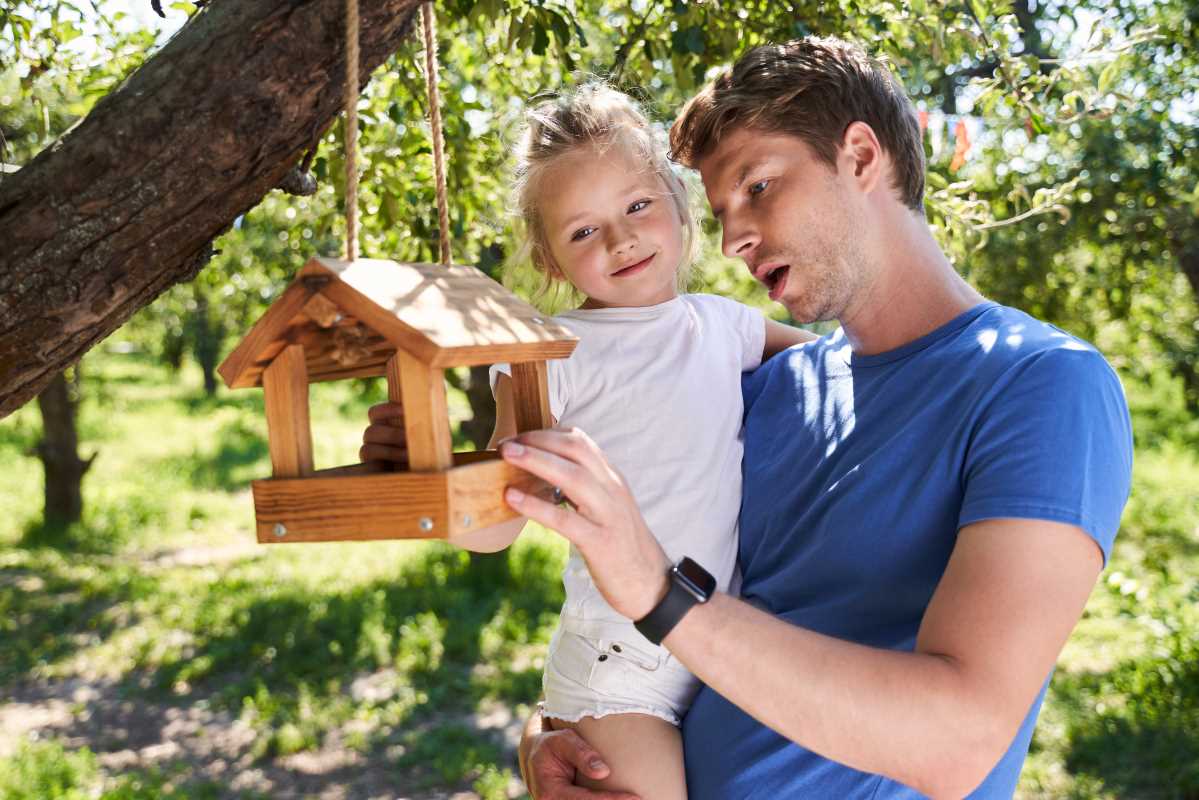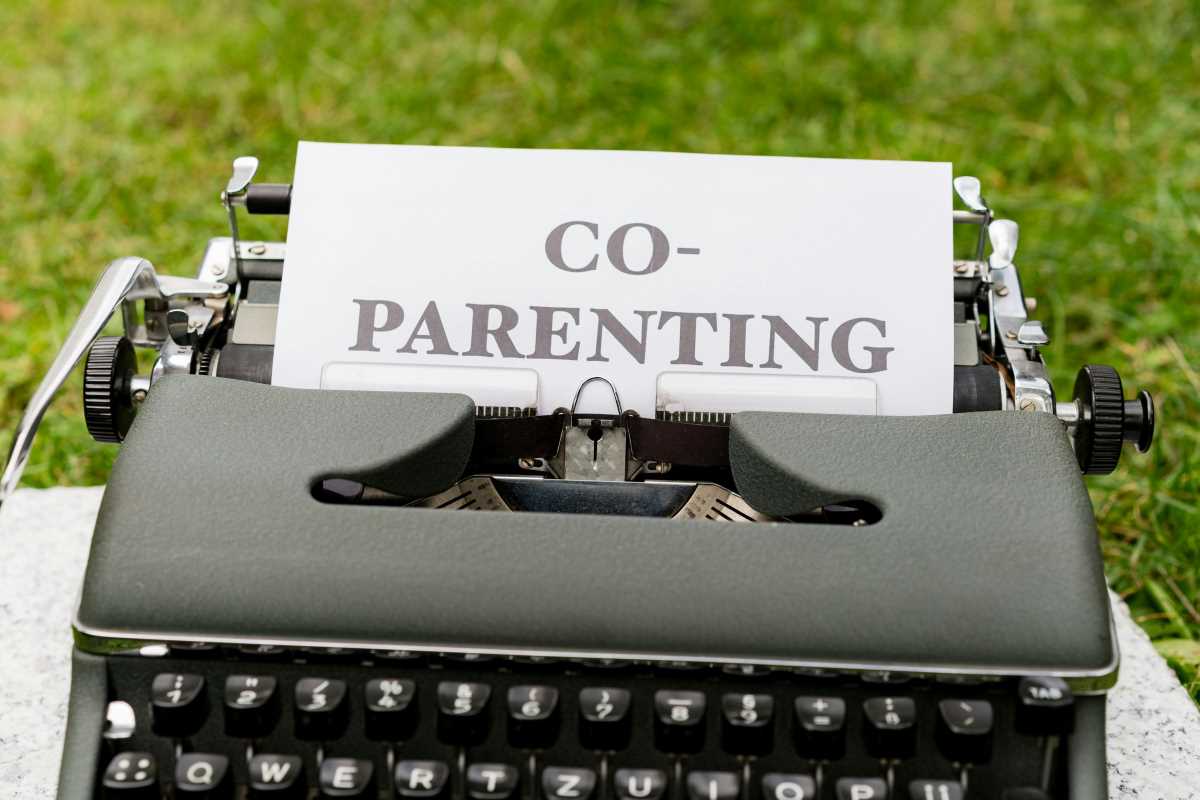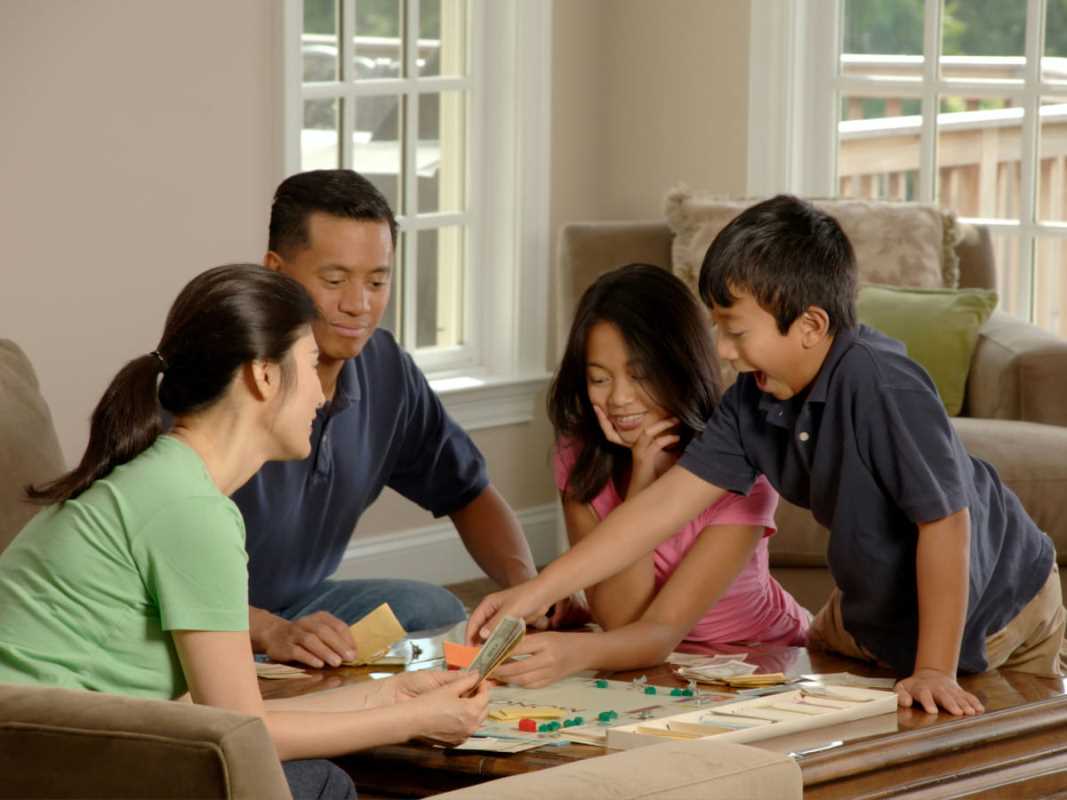Balancing family events as a single parent can sometimes feel like trying to juggle too many things at once. However, with a mix of smart planning, open communication, and flexibility, these gatherings can become less stressful and more enjoyable for you and your children. Here’s a detailed guide with expanded tips and strategies to help you handle family gatherings with ease, creating meaningful memories for everyone.
Preparation Sets the Tone
Plan Ahead
Successful family events start with strong preparation. When you’re flying solo as a parent, planning takes on even more significance. Here are some practical steps to take:
- Make a Detailed Checklist: Write down everything you need, from snacks and clothing to entertainment and gifts (if required). For example, make sure you pack sunscreen for outdoor events or favorite toys to keep younger kids engaged.
- Coordinate with the Host: Not only should you confirm details like start times and dress codes, but also ask practical questions such as, "Will there be a kid-friendly space to play?" or "Should I bring anything to contribute to the food or drinks?"
- Create a Time Buffer: Always aim to leave 15–20 minutes earlier than initially planned. This extra buffer helps you deal with unexpected challenges, like finding parking or an outfit change due to an accidental spill.
- Meal Prep for Convenience: If the event involves a potluck-style gathering, prep simple dishes ahead of time. Think pasta salads, finger sandwiches, or fruit skewers. Choose recipes that kids can help with, like arranging toppings for cupcakes.
Set Realistic Goals
Being clear about your own expectations can save you from disappointments later. Not every family event will be Instagram-worthy, and that’s okay.
- Decide on Priorities: Consider what’s most important to you. Is it spending quality time with your kids? Catching up with family members? Participating in group activities? By identifying your priorities, you can focus on what truly matters and ignore the less important details.
- Allow for Flexibility: Be prepared to adapt if your original plan doesn’t pan out. For example, if a toddler suddenly decides they’re no longer interested in socializing, don’t be afraid to pivot to Plan B, like stepping outside for a breather.
Communicate with Your Kids
Talk About the Event
Kids thrive on routine and knowing what to expect. Before attending a family event:
- Explain the Occasion: Give your kids a clear idea of what’s happening. Say something like, "We’re going to Aunt Lisa’s for dinner. There will be music, games, and plenty of cousins to play with."
- Address Anxieties: If they’re nervous about meeting unfamiliar relatives or trying new foods, reassure them. For instance, you could say, "It’s okay if you don’t feel like talking to everyone. Just start with a hi and smile."
- Introduce Fun Elements: Build excitement with little incentives. Sharing, "There’s going to be a backyard scavenger hunt," can turn hesitation into enthusiasm.
Share Responsibilities
Children love feeling helpful and included. By assigning them age-appropriate tasks, you not only lighten your load but also promote responsibility and teamwork.
- Younger Kids: Assign simpler tasks like helping pack napkins, coloring gift wrap, or carrying their own backpack.
- Older Kids: They can take on slightly more complex roles such as loading the car, taking photos during the event, or managing a younger sibling for a short time.
Offer positive reinforcement for their contributions, even for small efforts, like decorating a cake slice with sprinkles.
Simplify Where You Can
Bring What You Need
When it comes to family events, preparation is half the battle. Always be ready for the unexpected by having a bag of essentials:
- Entertainment Tools: Carry books, puzzle games, or fully charged devices with downloaded videos if the event runs long.
- Comfort Items: Bring along a favorite blanket, stuffed toy, or even a hoodie if your child tends to feel out of place in unfamiliar environments.
- Quick Snacks: Kids can get cranky when hungry, and waiting for the food to arrive may not always be feasible. Pack cheese sticks, crackers, or fruit to keep them energized.
- First-Aid Basics: Being the superstar single parent that you are, it’s always good to have adhesive bandages and antiseptic wipes on hand for minor falls during play.
Accept Offers of Help
Don’t hesitate to lean into your community’s generosity. If a family member offers to bring a dish so you don’t have to cook, say yes! Or, if someone offers babysitting assistance on-site, take a small breather for yourself. A quick 15-minute check-in with your own well-being is invaluable amid the hustle.
Manage Your Own Expectations
Be Kind to Yourself
Single parenting is demanding, and it’s essential to treat yourself with patience.
- Celebrate Small Wins: Your toddler sat through the family lunch? Celebrate that in your head! Success doesn’t mean perfection; it means meaningful effort.
- Take Moments to Recharge: Find short breaks during the event to collect yourself. Stepping outdoors for a breath of fresh air or quietly sipping coffee while your kids play can recharge your energy.
Focus on Connection, Not Perfection
It’s easy to get caught up in making everything seem perfect, but remember what matters most.
- Strengthen Relationships: Instead of worrying about whether your pot roast measured up to expectations, focus on sharing stories with family or cuddling with your kids during a group movie.
- Laugh at Imperfections: If someone spills juice on the tablecloth, laugh it off. Moments like these are often what make events memorable and lighthearted.
Foster Supportive Connections
Reach Out to Other Parents
Single parenting can sometimes feel isolating, but you don’t have to do it alone.
- Build Friendships: At family events, connect with other parents. Share tips, discuss funny parenting stories, and build a network of support. You might find that your cousin, who is also a single mom, has great advice on managing cranky toddlers.
- Coordinate Sleepovers: If you hit it off with another parent, consider organizing reciprocal babysitting arrangements for future events. It’s a win-win situation for both parties.
Build a Village
Extend support circles to include not just family but also trusted friends. Surrounding yourself with people who “get it” can make single parenting at social events a little lighter.
- Cultivate Allies: Maybe it’s an aunt who loves entertaining toddlers or a neighbor who’s always up for lending a hand. These individuals are your village.
- Express Gratitude: Send thank-you notes or small tokens of appreciation to those who consistently step up for you. This kind gesture ensures your village feels valued and grows stronger.
After the Event
Reflect and Reframe
Post-event moments are a perfect time to share laughs about the day’s highlights.
- Invite Opinions: Ask your children about their favorite moments. Maybe they loved playing musical chairs or tasting Grandma’s pie.
- Share Your Own Joys: Tell your kids what you appreciated, whether it was their behavior or a laugh you shared during the meal.
- Learn for Next Time: If a particular aspect was especially overwhelming, come up with alternatives for future events.
Self-Care Matters
Single parents often put themselves last, but self-care is vital for longevity and stress management.
- Relax in Your Own Way: After the event, carve out time for what nourishes you. Watch your favorite TV show, read a book, soak in a long bath, or enjoy uninterrupted silence.
- Celebrate Yourself: Reflect on the effort you put in to make the event successful. Whether big or small, acknowledge your hard work.
Family events as a single parent may come with challenges, but they also offer countless opportunities to create beautiful memories. With thoughtful preparation, open communication, and a flexible mindset, these gatherings can be manageable and even enjoyable for you and your kids. Focus on connection, practice self-kindness, and remember that every event is a chance to learn and grow. Most importantly, don’t forget to celebrate yourself for showing up and doing your best. You’re creating magic for your family, one event at a time.
 (Image via
(Image via





